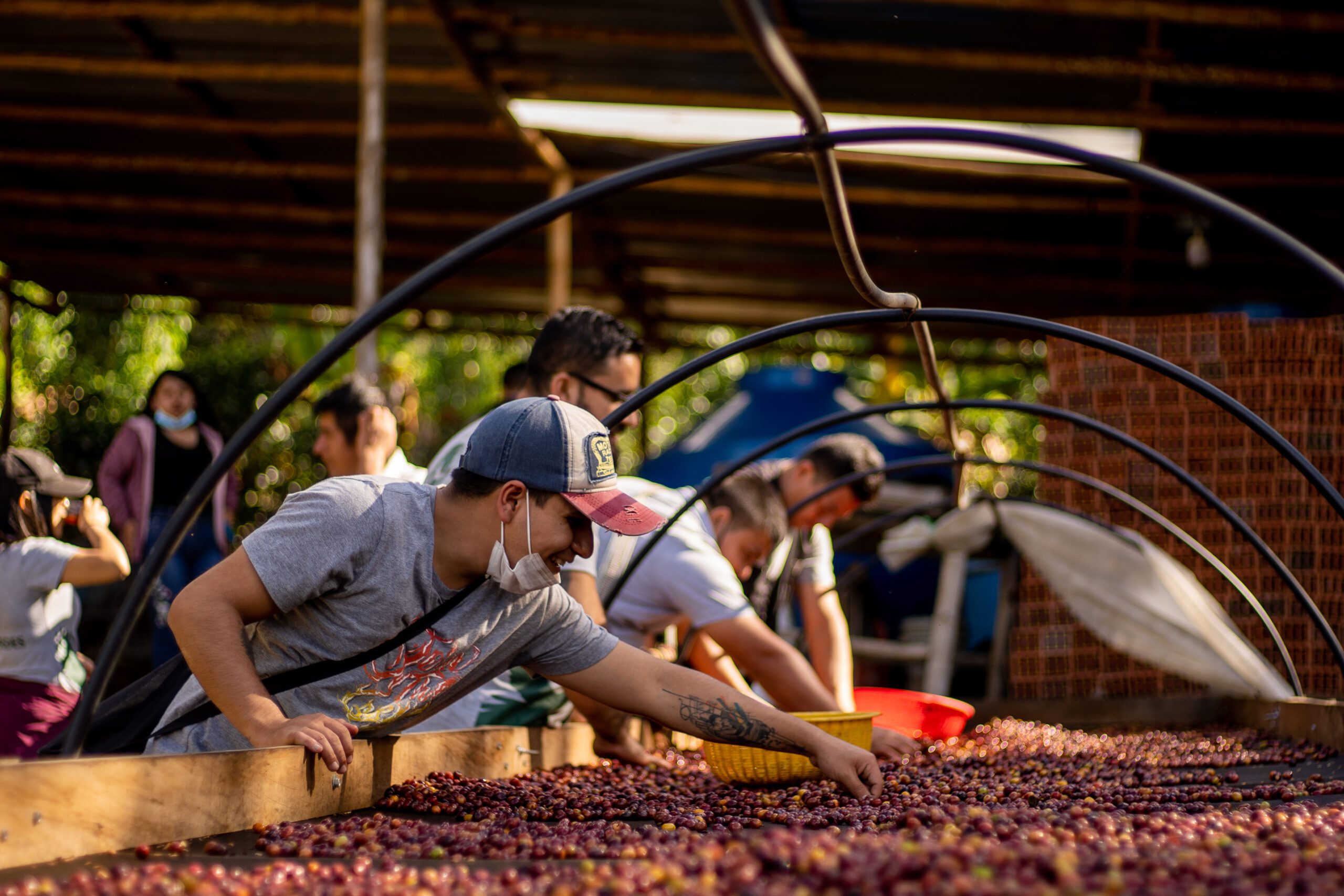

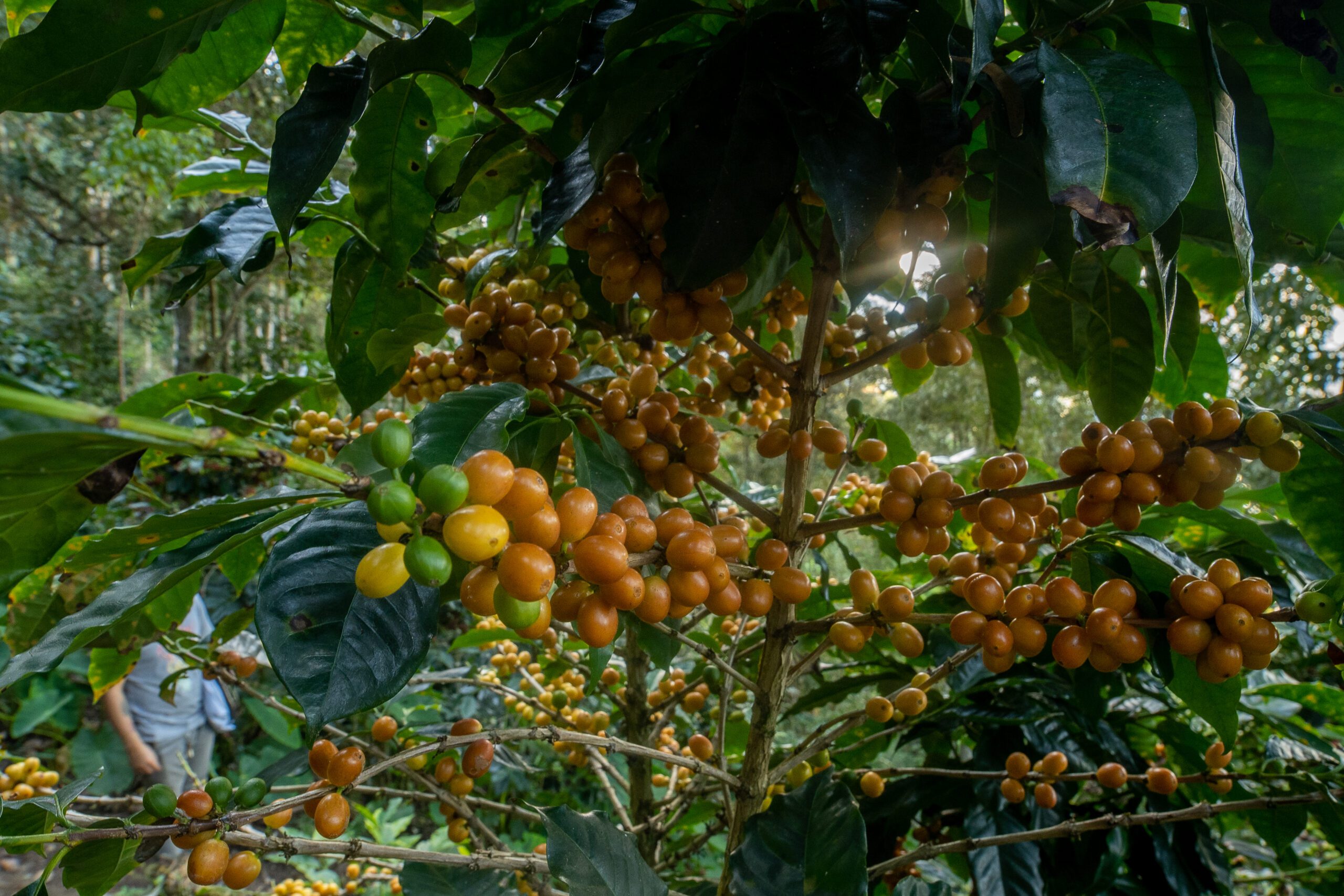

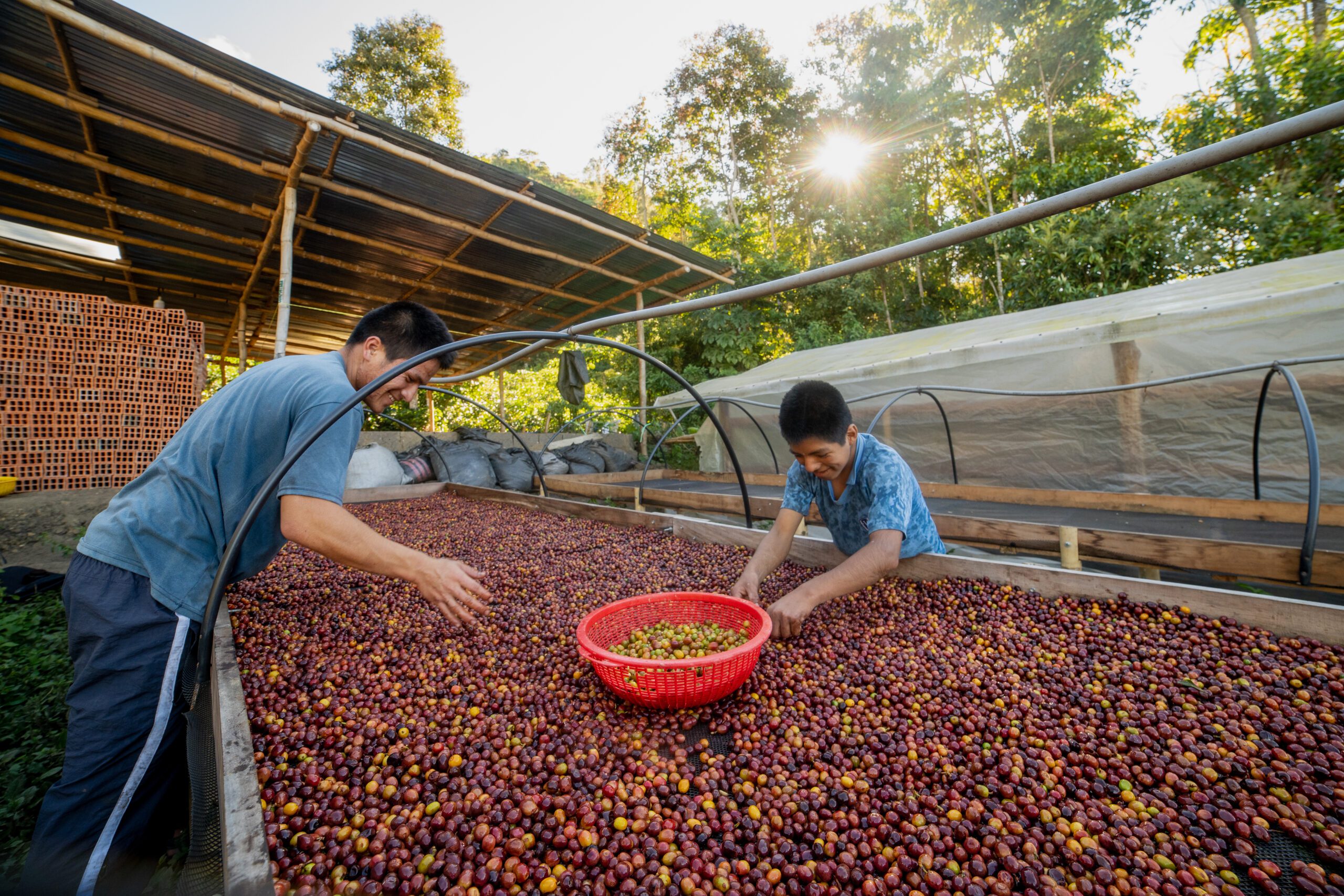
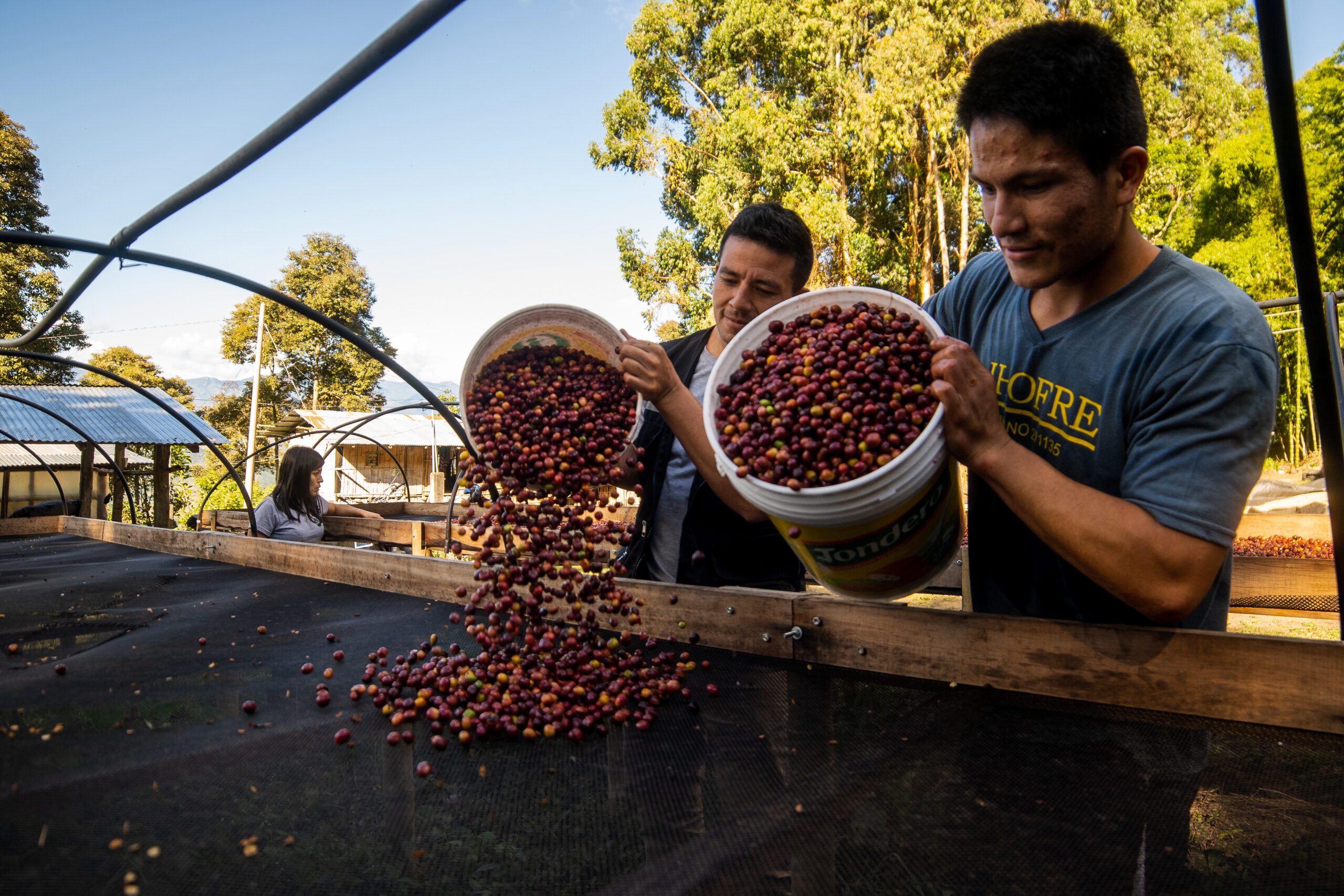
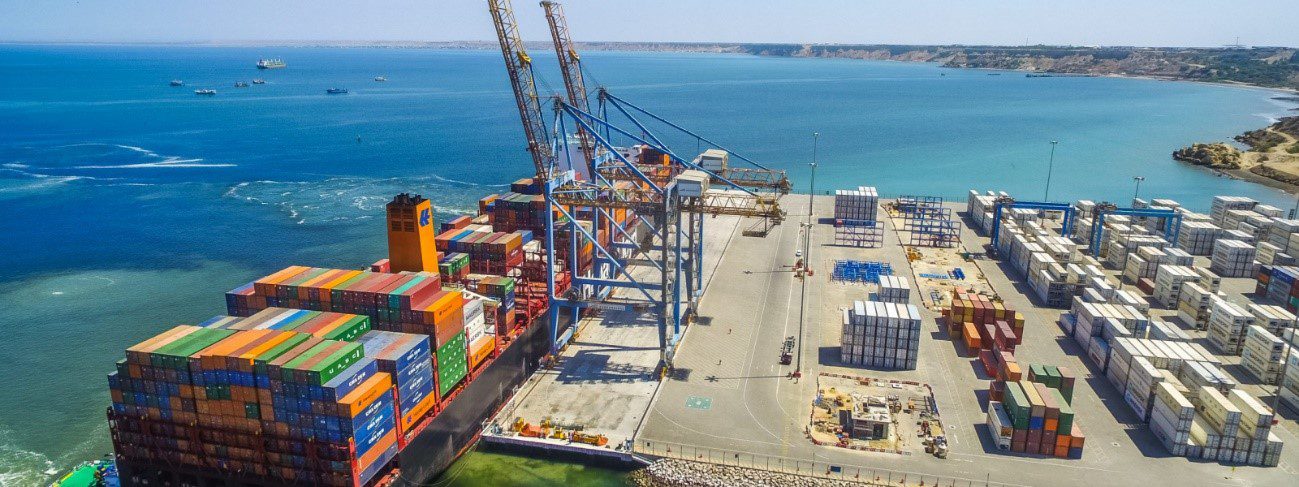

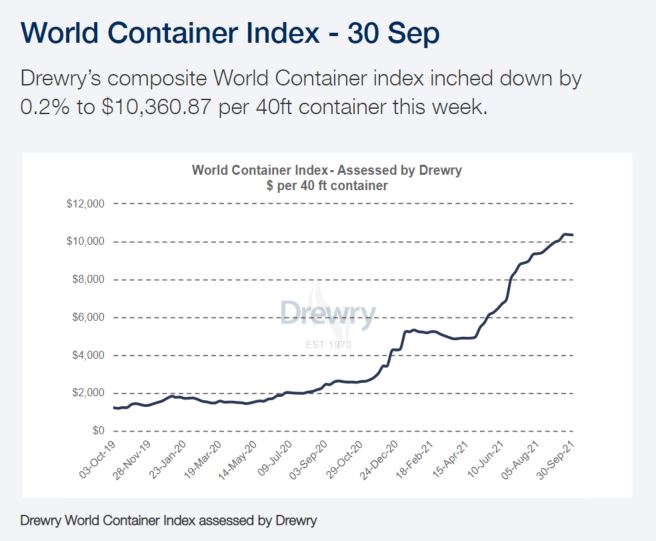

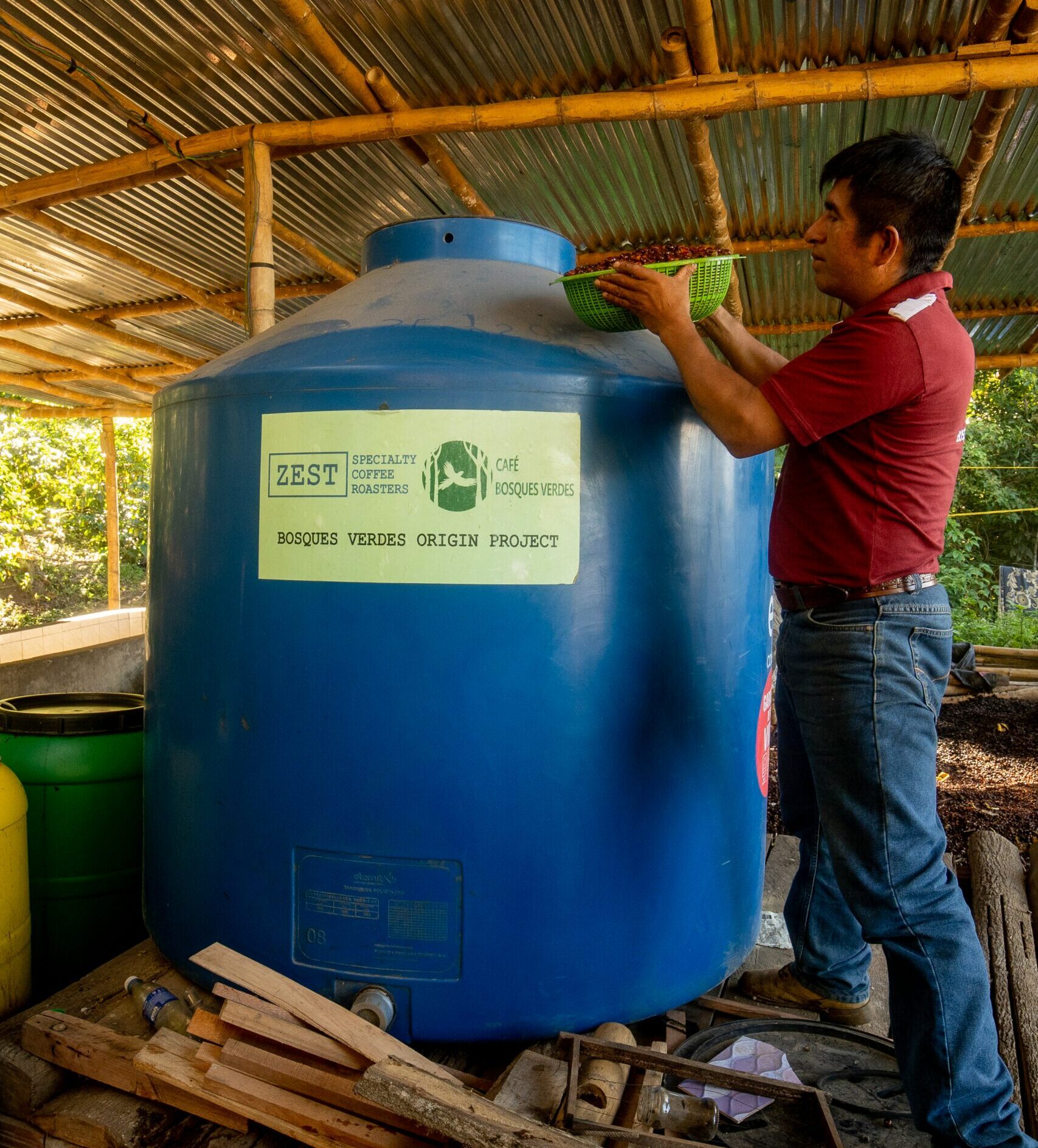

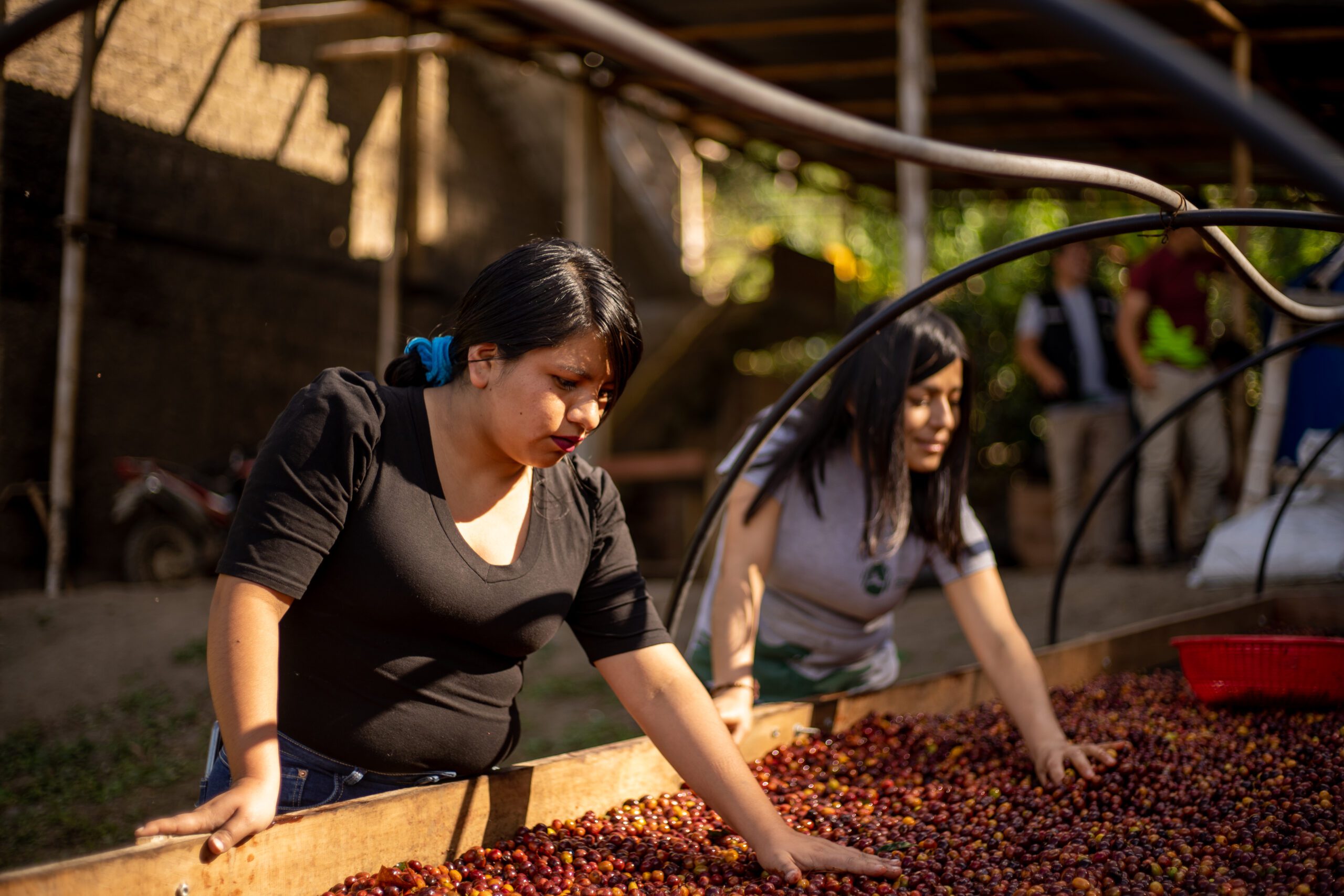
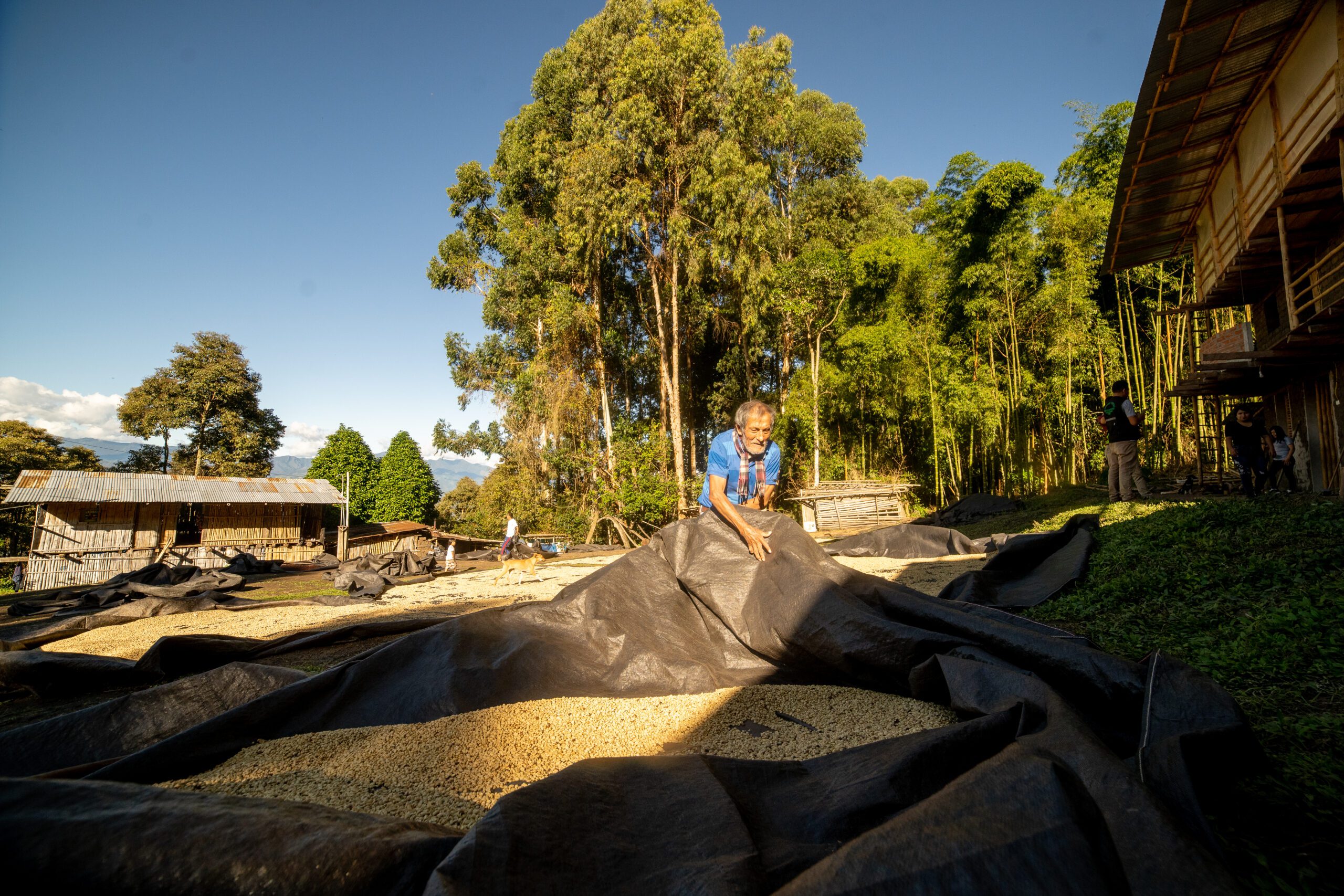
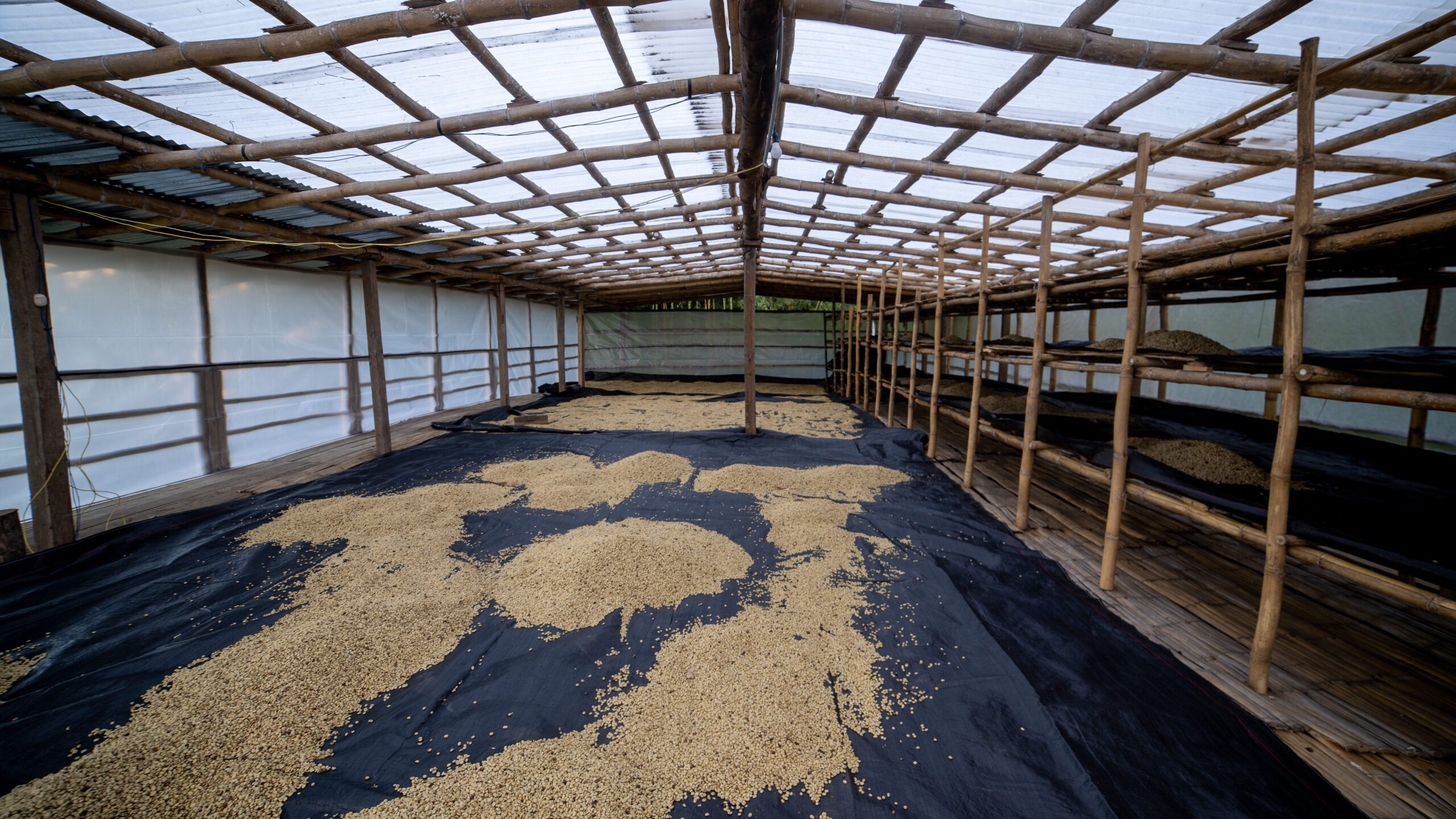

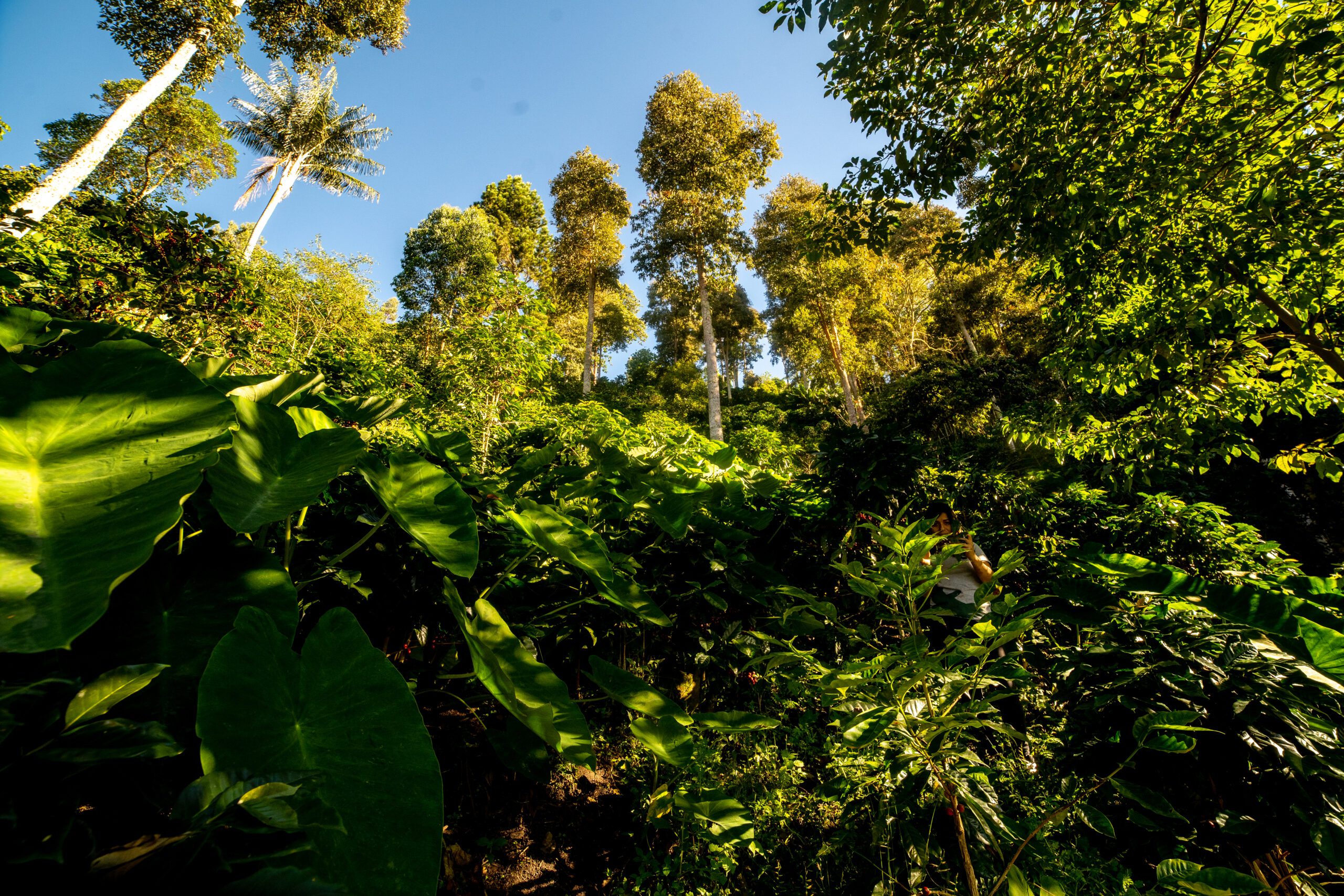

PERU: CHALLENGING TIMES FOR OUR COFFEE FARMING PARTNERS






Opportunities few and challenges many, 2020-2021 has sent shockwaves through the coffee industry with only speculation to light the darkest of tunnels. We saw cafes in the Zest family face setbacks, persevere, and innovate with incredible bravery and speed. Sadly, despite best efforts, some cafes closed for good.
In such circumstances, we may be compelled to look inward and focus on our own survival, but the interconnectedness of our industry demands a holistic approach. While the hospitality industry in Australia has had to endure tremendous difficulties, it would be undue to forget that around the world, our coffee-producing partners are facing challenges that are almost gargantuan in nature.
Thanks to a close direct trade relationship with our friends from the Bosque Verdes farming co-op in Northern Peru, we uncovered a unique perspective on the real-time consequences of a pandemic to coffee farmers.
Here is a needed reminder of the adversities they face and ask ourselves how we can help.
COFFEE & THE PANDEMIC
The 2020 growing season was riddled with difficulties both novel and familiar. While systemic problems remained, producers around the globe were brought to the brink by the added multifaceted obstacles arising from the COVID-19 pandemic. Labour shortages, volatility in coffee prices, shipping, and logistic paralysis all compounded to create one of the most difficult years on record.
For our partners at Bosques Verdes in Peru, these difficulties were faced in the context of strict public health orders and their own concern for the safety and livelihoods of their members.
Alfredo Velasco, Head Agronomist at BV, described for us the toll the difficult year had on him:
“During our first lockdown in 2020, we had been looking to our nation’s capital for clarity. On March the 15th president, Martín Vizcarra, announced a nationwide lockdown on both international and domestic travel, with stay-at-home orders later enforced. This was a worry on many fronts, we were preparing for the upcoming harvest with uncertainty regarding whether or forward contracts would get fulfilled, as we got closer to the picking season there was an extreme shortage of labour in the region and many farmers didn’t want to put their families at risk of contracting the virus, we experienced a downturn of over 90% of our exports in 2020 and were only able to ship out two containers to our international customers.
This year we have been able to, with caution, see our operations return to normal, but with an extremely low vaccination rate and Peru having the highest death rate per capita, it’s very hard to live without fear and anxiety that one of our family members may risk sickness. We are on course to ship out five containers this year but due to missing audits and certification (FLO, RFA) due to Covid restrictions, our Cooperative has lost ground on potential sales – which added to our liabilities.”
Having heard the accounts of our partners, we are reminded once again of the extreme socio-economic imbalance which plagues this industry. Coffee growers internationally, whose livelihoods are already precarious, have disproportionately borne the burden of market price volatility, extreme weather events, plant disease, and the COVID-19 pandemic.
Bosques Verdes has been able to survive through innovation, restructuring, and constant communication with strategic partners. They have made concerted efforts to lower their administrative and financial costs while having frank and honest conversations with members about the market situation. They made the most of the Peruvian Government’s financial aid programs, which included low-interest loans to reactivate key commercial activities.”
PERUVIAN COFFEE EXPORTS 2021
The export situation has improved somewhat in 2021 compared to the tough 2020 year, but even that has caused its own challenges. Most of South America is dealing with container shortages and a current Index modeled by Drewry indicates a 344% rise in container prices for 2021, sparking liquidity concerns for exporters.
Logistics remain rather complicated as dry mills continue to work through backlogs of parchment. Further, ports are currently working through a backlog of shipments from July & August. The fresh fruit shipping season is beginning in Peru which will add to the delays for coffee exports.
FORECASTS AND DEMAND FOR 2021
The current harvest in Peru is around 90% compete with 19% of this coffee still available for purchase. The outlook for 2021 is positive and demand is expected to make a rapid recovery with projections for exports set to hit just under 4 million 60kg bags (almost a 20% increase from the 2020 export total of 3.5 million bags). The further easing of restrictions in Europe and the USA are accounting for the majority of this demand.
The Arabica price on the ICE (international coffee futures price) is expected to stabilise at current levels just below $2.00 USD p/lb after nine months of continuous price increases, which is positive for our producing partners.
MICROLOT PROJECT AT FINCA NOLASCO
While we at Zest are conscious that our actions alone will not be enough to bring about the change needed in the coffee industry, we know we can work on a smaller scale, directly with our partners, to make a difference in their lives.
Earlier this year, Zest, together with Bosques Verdes agreed to collectively donate $10,000 AUD to a group of 20 farming families in need of help. With this financial injection, we will be able to facilitate the purchase and construction of new infrastructure at a number of different farms, with a focus on improving processing and fermentation. Together with the knowledge and experience from the BV agronomists, we are confident that these efforts will allow the families to demand a higher farm-gate price for their coffee.
Keep an eye on the Zest socials, we will be posting about these twenty families to loop you into their lives and journeys.
JOSE NOLASCO MICRO-LOTS 2021
Cast your minds back to 2019, you may remember tasting a series of four lots from Jose’s farm. We had two yeast inoculated lots; Cima & Intenso & one extended anaerobic natural. Through continued collaboration with Jose, his family & the BV team we are lucky to receive a further substantial volume of another two lots from the 2021 harvest at Jose’s farm. The beans produced from our 2019 collaboration with Senor Jose Nolasco, where this journey started, are at this very moment being brought to a micro dry mill to be hulled. We are thrilled to share these with you and will be donating a portion of the proceeds from the sale of these very special micro-lots to infrastructure funds for other farms in the region.
It is touching for the coffee team to see how Señor Nolasco and his family have diversified and have been able to command a higher price for these coffees and we hope to share them with as many of you as possible.
Lot 1. Caturra, 70-hour dry anaerobic fermentation- Washed 1850masl
Lot 2. Caturra, 90-hour anaerobic fermentation- Natural 1850masl
For many, the COVID-19 has been an isolating experience. Here in Australia, we’ve been cut off from the world and from each other. But as we continue to consume and experience the flavour terrains of our daily brews we should remind ourselves that this distance is temporary and we still owe coffeekind our support and community. Indeed, here at Zest as we roast beans which have passed through so many attentive and careful hands, the distance seems almost artificial, the gap between Australia and Peru held in one cup.
Article written by:
DARREN STINSON – Zest Origin Projects